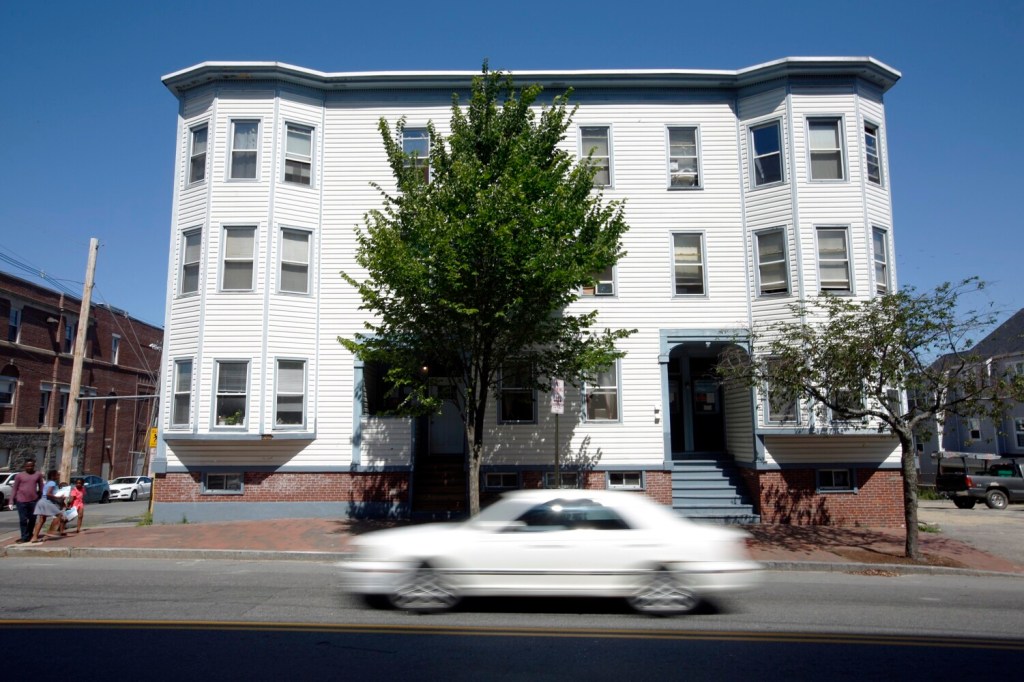For millions of Americans working low-wage jobs, there is no such thing as affordable housing — it just doesn’t exist.
According to the National Low Income Housing Coalition, nowhere in the United States can a full-time worker earning minimum wage afford the average two-bedroom apartment, with affordable defined as 30 percent or less of income. In all but 28 counties nationwide, that worker cannot afford the average one-bedroom apartment, either.
And it’s not just those making the minimum who pay so much of their paycheck toward housing, leaving little behind for the rest of life’s necessities — and none to save away. Nationwide, it takes a wage of $18.65 per hour to afford the average one-bed apartment.
In Maine, a full-time worker has to earn nearly $16 an hour to afford the average one-bedroom apartment. The average renter’s wage here? Less than $12 an hour.
Over the last few decades, the cost of housing has increased steadily, while wages have barely risen at all. Millions of Americans at the head of their household depend on low-wage employment in health care, retail, food service and hospitality — some of the fastest-growing sectors in the country.
Meanwhile, the U.S. has lost 2.5 million low-rent housing units in the last 30 years. Few are being built, as developers opt to build single-family homes, condominiums and apartments that are rented or sold at “market rate” or higher.
Together these factors have put the country in an untenable position: Millions of full-time workers cannot afford the average small apartment, leaving them with no good choices.
They can pay 40, 50 percent of their income toward an apartment, leaving them without much money for transportation, food, clothing and utility bills, not to mention savings. Any emergency becomes a disaster that can cause them to lose their housing or job.
They can also choose to accept unsafe, substandard housing that they can afford, with all its problems. Or they can move farther away from their work, adding significantly to their transportation costs — and to traffic and road wear-and-tear.
All three scenarios play out in Portland, where Maine’s housing problems are most acute. Recent data from the Greater Portland Council of Governments shows high housing costs are pushing workers out of the Portland metro area, where the bulk of the jobs are.
In response, some developers are proposing boardinghouses — buildings full of rented rooms with shared kitchens, bathrooms and common areas.
Boardinghouses, popular a century ago with workers and immigrants, could certainly play a role in relieving the housing shortage. But even these bare-bones residences, at a planned $800 per month, are unaffordable for an individual — even at $15 an hour, a bed and four walls at a boardinghouse will still take more than 30 percent of an individual’s income.
To relieve the high cost of housing on low-wage workers, the National Low Income Housing Coalition advocates for supporting voucher and development programs for affordable housing, as well as the creation of a renter tax credit for poor Americans who pay more than 30 percent of their income for housing. Raising the federal minimum wage to $15 a hour would help an estimated 40 million people pay for basic needs.
Those ideas and others should be part of the upcoming presidential campaign. When so many Americans struggle to afford the roof over their heads, something is very wrong.
Send questions/comments to the editors.


